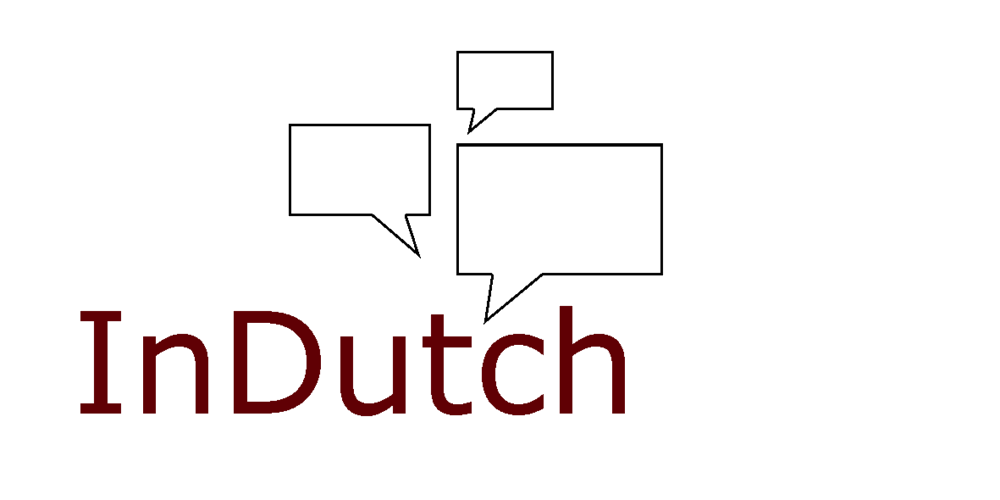Your company’s terminology is in good hands with a specialized translator
A while ago a potential client told me his company did all their translations in-house because they used their own specific terminology and did not feel an external translator would be able to use these specialist terms.
Do you have the same concerns? Then let me put your mind at ease. Translators are not only experts at finding the correct terminology, we also use specific software tools specially designed to make sure we use the terms you prefer.
Essential skills
Terminology skills are essential for translators. We work in specific fields that we are familiar with - in my own case IT, marketing and business. We have specialized dictionaries on our bookshelves in the office and in our browser bookmarks – from Microsoft’s huge terminology database in over 90 languages to knitting and crochet abbreviations. We know all about Google’s search operators which help us find specific word combinations, terms in specific websites and many other helpful search techniques (see Get more out of Google, an article I wrote in 2004). And we help each other out in specialized translator forums and groups if we have trouble finding the correct translation of some elusive term - there is always a colleague who knows the answer.
The latest technology
We also use specialized software to help us use the terms you prefer. You may be aware that most translators use translation memory software, which stores all our previous translations sentence per sentence. We can set the translation memory (TM) up in the way we want: per client, per industry - or just one general TM. I prefer to use a TM per client. This allows me to quickly search previous translations for your company to check how I translated specific terms in the past. It also helps me to remain consistent when translating your materials – by browsing the translation memory I can easily see your preferences in the field of terminology, style, tone etc. (Formal or informal? Neutral or creative? Targeted at a young audience, at professionals, at beginners or experts?) If you want, I can also feed my TM with translations you took care of yourself in the past. Just pass me the source text and the translations and I can turn them into a TM that I can use as a basis to continue the same style and in which I can look up your preferred translations of your company’s terminology.
The translation memory is completed by terminology management technology, mostly in the form of an add-on to the translation memory software. Do you have a glossary (a list of terms and their translations) available? I can turn it into a termbase - a terminology database - and the add-on makes sure the correct translation is suggested whenever I am translating a sentence that contains a word that is included your glossary. I can also set up my own termbase while working for you or add useful terms to the existing glossary. Again, I can set this up in the way I want: a termbase per company and/or a termbase per industry is very useful.
Screenshot of a translation carried out using a translation memory and a termbase.
Trust your translator
As you can see your translations are in good hands with an external translator. Still hesitant? Discuss your concerns with your translator, pass them your existing translations, cooperate with them to decide on the correct terminology and set your mind at ease. After all, your translator is an expert at this!


